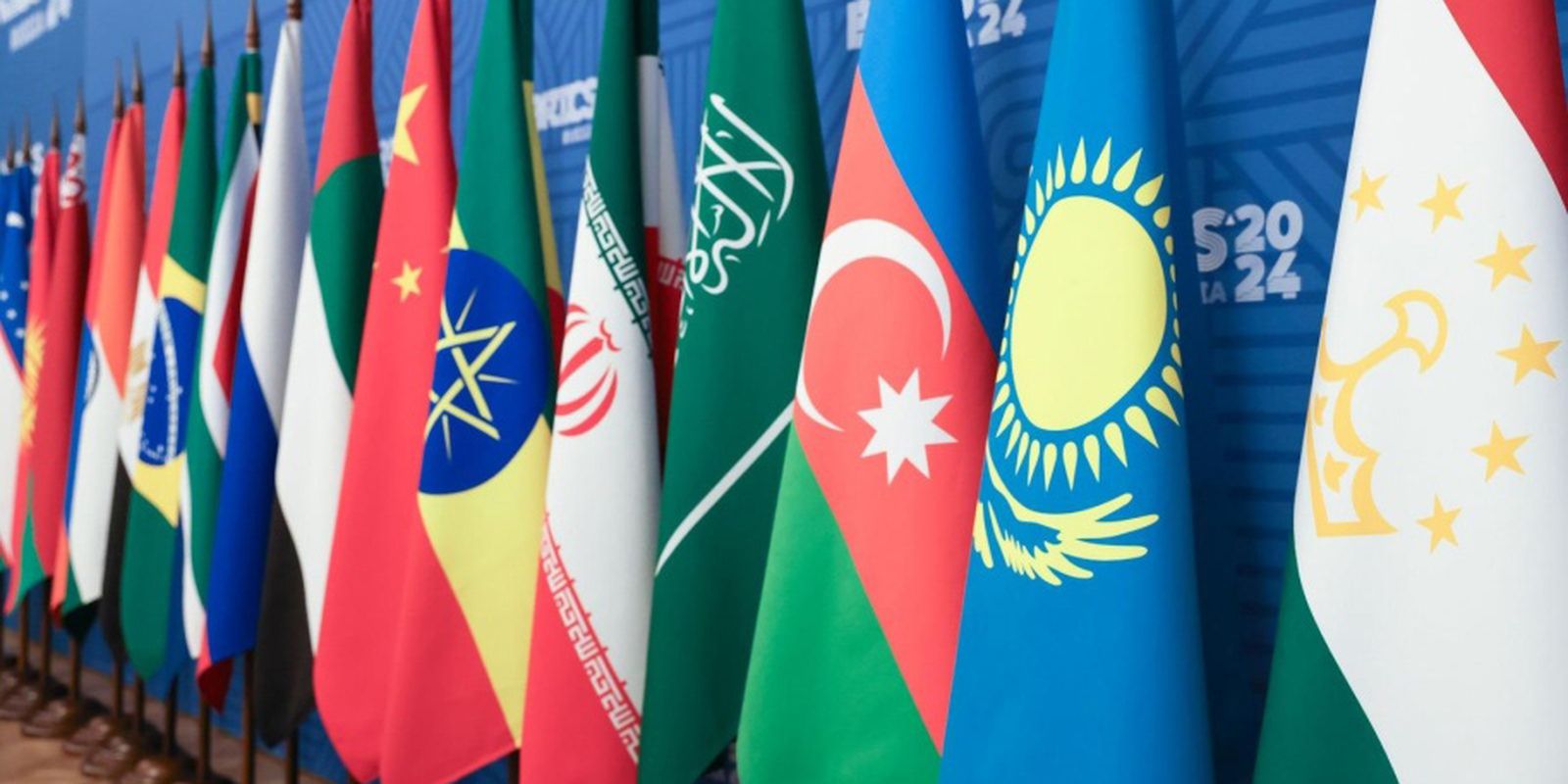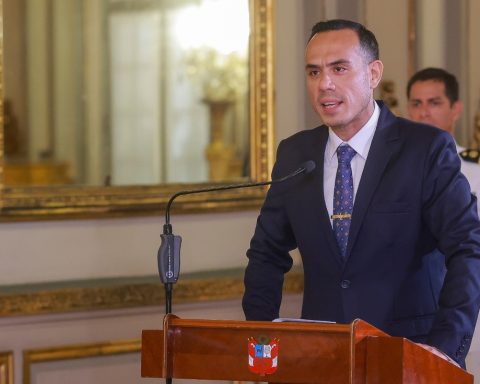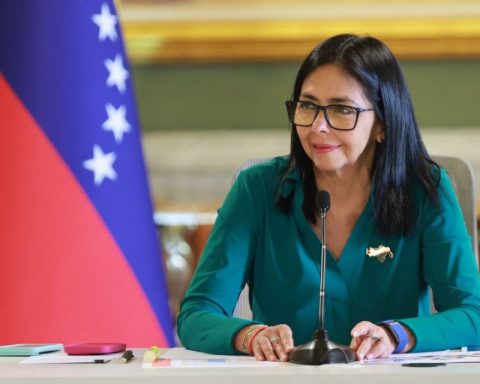One of the BRICS’ roles is to overcome the difficulties imposed by the United States and its allies on China’s commercial and technological advancement. Countries that suffer economic blockades from Western powers – such as Iran and Russia – also need the bloc to circumvent the financial suffocation of sanctions. Meanwhile, Brazil must balance between the two main geopolitical blocks in dispute to reap commercial and technological benefits.
Assessment is made by experts in international relations consulted by Brazil Agency about the 16th BRICS Summit in Kazan, which will be held in Russia, between October 22nd and 24th. The meeting should bring together 24 heads of state, including President Luiz Inácio Lula da Silva.
According to José Augusto Fontoura Costa, professor of international trade law at the University of São Paulo (USP), China has been suffering from US and European economic sanctions that attempt to impede the Asian power’s technological advancement.
The measures include bans on Chinese investments in the US, on the export of advanced technology to China, in addition to the campaign to exclude Chinese companies from the expansion of high-speed 5G internet.
“The United States is in a clear trade war with China to try to contain Chinese development. Therefore, China is trying to build a space for its economic activity, and this is one of the things that interests Brazil and interests virtually all the other BRICS participants”, he explained.
The international policy expert highlighted that the main field of conflict between China and the USA is in the cutting-edge technology sectors, such as chips, rockets, biotechnology, medicines and advanced chemistry.
“It is in this field that it will be defined when and who will be the new hegemonic actor in the world, whether it will continue to be the USA, whether China will pass or whether it will reach a balance”, he commented.
Formed until then by Brazil, Russia, India, China and South Africa, the Brics welcomed five new members this year: Iran, Saudi Arabia, United Arab Emirates and Egypt. Furthermore, there is an expectation that new partners will be announced.
Imperialism
The coordinator of the Brics research group at PUC in Rio de Janeiro, professor Maria Elena Rodríguez, explained that it is in the interests of Western powers to maintain control over the main cutting-edge technologies.
“This occurs because of economic interest. If I control a technology that no one else has, everyone will depend on me, not only economically, but also in terms of needs. It’s a way of keeping other countries dependent. This is what we call imperialism and hegemony and, when it comes to technology, there is a bit of colonialism”, he explained.
The international relations specialist believes Brics must develop a role to strengthen technological cooperation between member states.
“Surely Western banks, like the World Bank, are not so interested in countries actually developing a lot of technology, but I think this is a role of the BRICS Bank, which has helped countries reach important levels of development”, added Maria Elena.
For professor José Augusto, Brics must structure financing and market systems that allow countries to develop cutting-edge technologies.
“Technological research and development requires a lot of investment, a strong economy and also markets for what you produce and for inputs that the country consumes. And there is a reasonable scope of economic integration between the Brics. Without this, China would not be able to reach the technological forefront on its own. So, Brics is fundamental”, he concluded.
It is estimated that the Brics concentrate around 36% of the global Gross Domestic Product (GDP), surpassing the G7, a group of the largest economies on the planet with the United States, France, the United Kingdom and Germany, which concentrates around 30% of the world’s GDP. . Furthermore, Brics concentrates around 42% of the world’s population.
Brazil
In the experts’ assessment, Brazil must seek its space in the bloc without, thereby, losing space in the geopolitical group led by the USA. USP professor José Augusto highlighted that Brazil should take advantage of its relationship with China to advance in technological terms. For the expert, the country has cutting-edge technology in the areas of agricultural research, aeronautical technology, oil and gas, as well as civil construction and hydroelectric plants.
“Brazil is not a technological void, we have potential, but we waste a lot of time without investing adequately in the development of science and technology. It is important to mention that our technological development has always been driven by the State through Petrobras, Embrapa and Embraer, which, despite being private, receives public investment”, he explained.
For PUC Rio professor Maria Elena Rodríguez, Brazil has been trying to build an agenda focused on technology through neo-industrialization project of the federal government.
“Brazil is proposing that China be a strong ally, for example, in green technologies that will help Brazil in this reindustrialization process. I think the country is becoming very strong in its processes of cooperation and strengthening countries in the Global South”, he added.


















